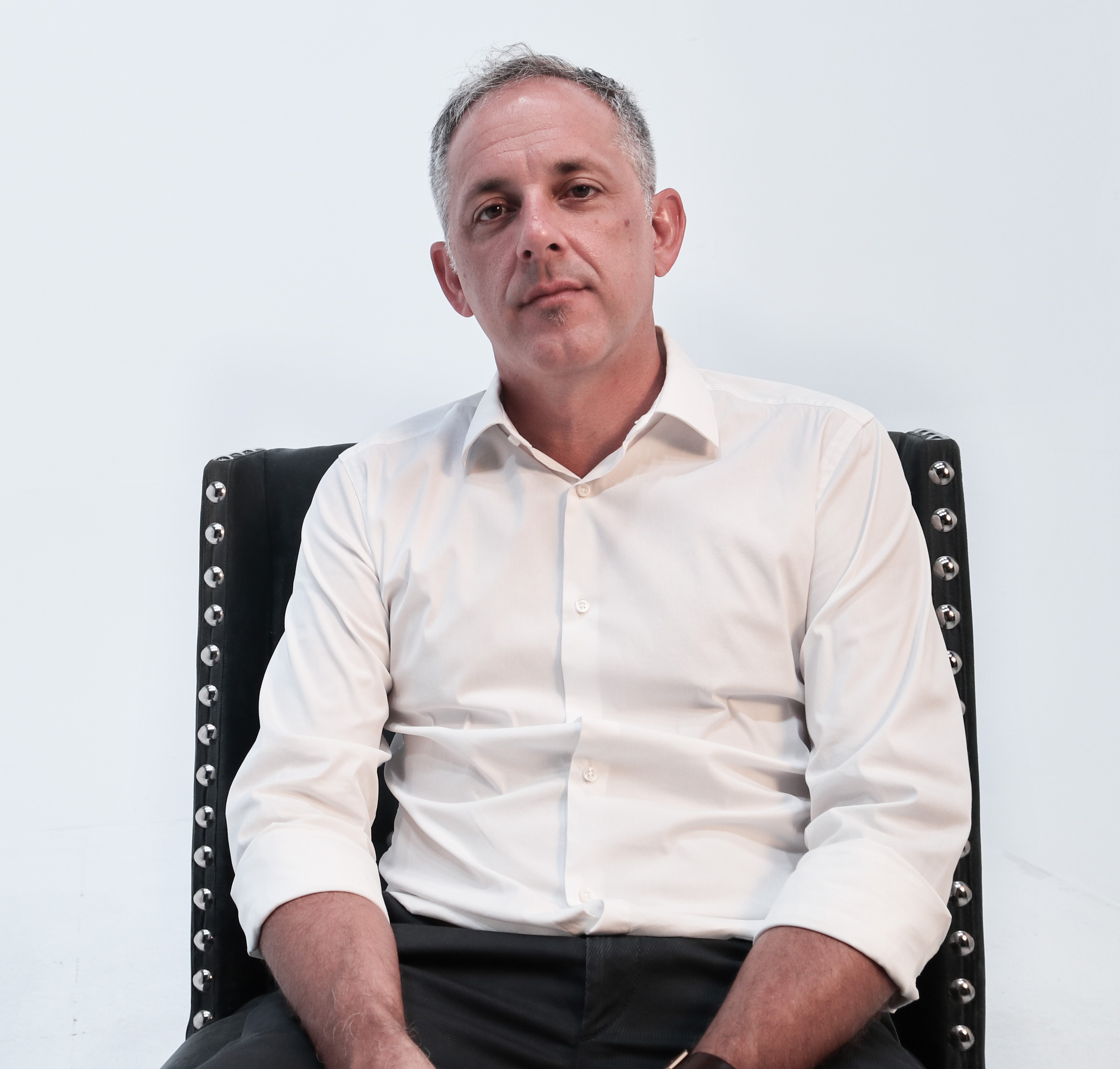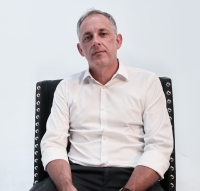„Castroism appropriated the history of Cuba, dominated the present, and will even jeopardize the future of the country.“

Stáhnout obrázek
Pablo Díaz Espí was born in 1972 in Havana, Cuba, into a family related to the revolutionary political process. From a very young age, he perceived the politicization and oppression of the society he lived in. He became obsessed with leaving Cuba, never to return to the island. He succeeded in 1990 when he went into exile in Berlin, living in freedom after the fall of the wall and studying at a film and television school. However, work took him back to Cuba, and he reconnected with its reality. In 1999, he created the magazine Cubaencuentro with his father. In 2009, together with a group of writers exiled in Madrid, he founded his own media outlet, Diario de Cuba, which he currently directs. This has made him one of the most important figures of Cuban independent journalism in the last years.
